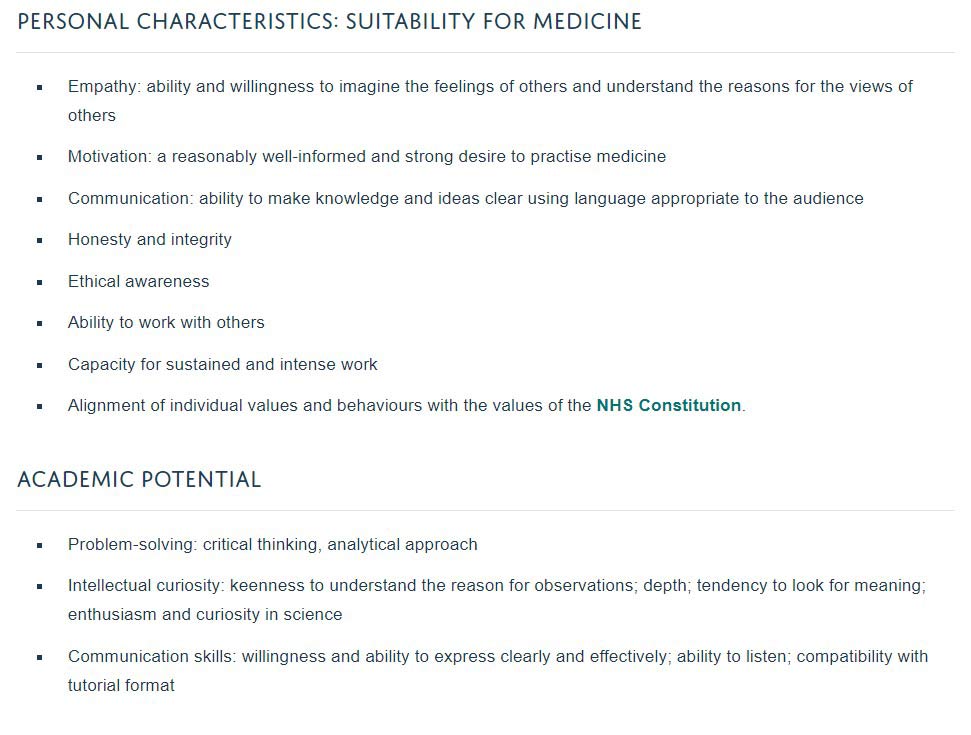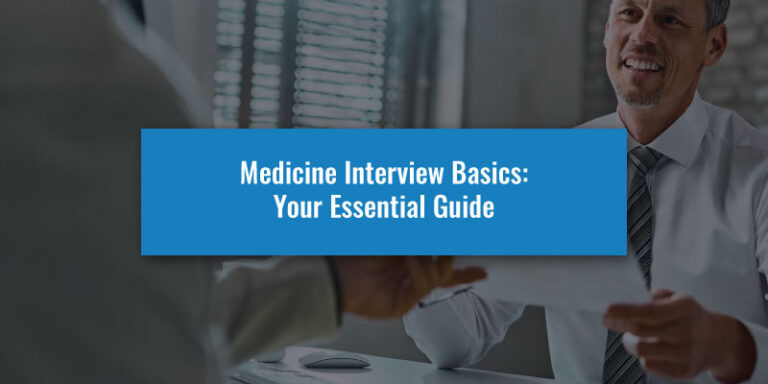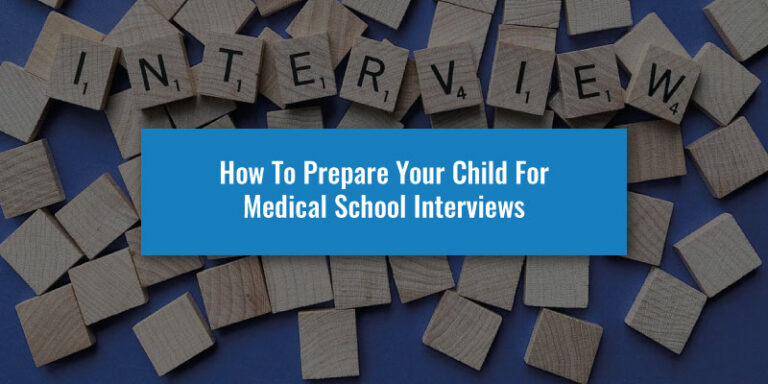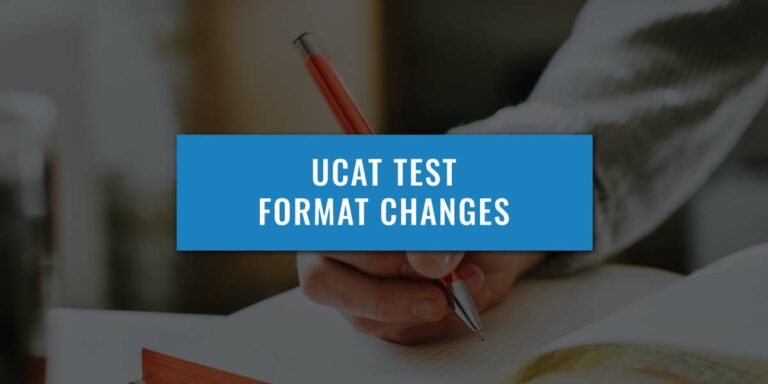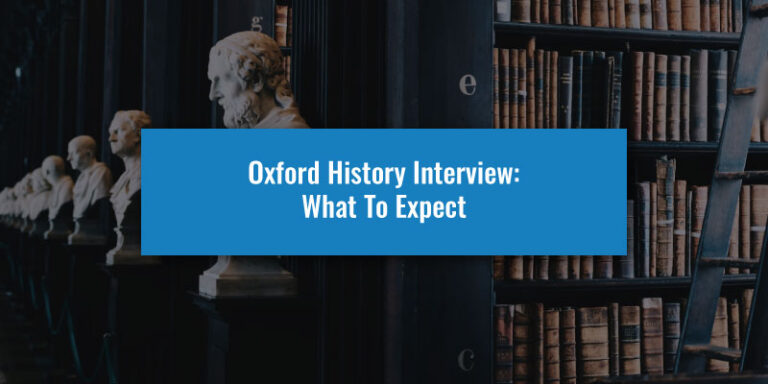Rightly or wrongly it is your Interview that will decide your offer of a place to read Medicine at Oxford.
The UCAS application and BMAT are used to shortlist candidates and are then not considered again except in separating two similar interviewees. This places a lot of pressure on the Interview process, so here are the basics you need to know and some top tips to help you really perform and impress.
When are the Oxford Medicine Interviews?
Interviews for Medicine run over two days usually around the second week of December, and some applicants may be invited back in January for a second round of Interviews at another college. There are usually multiple Interviews on the same day, either for different subjects or at different colleges.
You will normally be given 2 weeks’ notice before your Interview – so you should hear back by late November, but it is useful to begin preparing for the Interview before you’re officially invited.
Where will I be Interviewed?
The Interviews are held in Oxford at the college you applied to. Applicants may have additional Interviews at another college than the one applied to. If you are travelling from far away, most Oxford colleges will provide you with free accommodation and food for the duration of your stay if you wish to arrive the night before your Interview.
With only 23% of Oxford Medicine applicants getting invites, it is crucial you stand out. We help you demonstrate your passion, interest and experience and ace your Interview.
With over 95 hours of guided study (including One-To-One Tuition, Intensive Courses and Comprehensive Materials), our expert Oxford Medicine Interview support truly gives you an advantage that can make the difference between an offer and rejection.
Discover our Oxbridge Medicine Interview Programme by clicking the button below to enrol and triple your chances of success.
What do Oxford Interviews Look for
The image above shows the key qualities that Oxford look for in their Medicine Students. Make sure you are prepared to demonstrate how you meet these qualities and use evidence form your work experience or other examples.
For example, communication skills, you could mention how you took part in regular debating workshops and competitions at school. You had to articulate complicated points and present arguments to an audience whilst being respectful toward others and their opinions.
If you are asked “what is your biggest weakness?”, it is best to avoid mentioning the qualities they state above and to focus on another area. This could be that you are nervous when doing public speaking, but you are fighting this issue by going to drama classes and joining a debating society.
What are Oxford Medicine Interviews Like?
Interviews vary greatly between Oxford Colleges and the tutors that run them. The aim is to have the Interview closely resemble a traditional tutorial, which also includes a discussion of your Personal Statement – in particular work experience or unusual A-level subject choices.
The Oxford Interview is notoriously hard to prepare for as rarely do you get asked the standard Medicine Interview questions. Nevertheless, you should know your Personal Statement inside out, have read some current medical literature, and prepare a decent “why Medicine?” and “why Oxford?” response as a bare minimum.
Interviewers seek to take concepts that you will have learnt at GCSE or A-level and apply them to unusual or practical situations. Encouraging you to think about information in a way you almost certainly will never have done before.
So first and foremost, if you don’t immediately know the answer to a question, don’t panic, you’re not supposed to! Instead, Interviewers want to see you vocalise your process of deduction from first principles so let the Interviewers know what you’re thinking, talk them through everything.
Example Medicine Interview
Bryony breaks down how her Medicine Interview at Oxford went:
I found that the Interview quickly turned into a discussion, for example… a question that came up was “tell me how you could measure the volume of all the blood in the body”.
After making a joke about bleeding the patient into a measuring jug (yes jokes are ok but don’t go overboard!) I proceeded to discuss how one could apply the molar concentration formula by injecting a known mass of solute before testing a blood sample after equilibration for the concentration of the solute.
The Interviewers then handed me a piece of paper and asked me to express a blood volume in surd form using my method with measurements they gave me. The Interview then proceeded with a discussion of assumptions made in my methodology:
- How my calculated value would be affected if these assumptions were incorrect, what if the solute was metabolised?
- What if it was bioavailable?
- What if it was soluble in the intracellular compartment?
- What if it was excreted?
This may seem scary as it’s all off the cuff spitballing of ideas, but in fact, this one question and discussion occupied 20/25 minutes of my 40-minute Interview! There are no right or wrong answers, vocalise your thought process and as long as your logic is sound, the Interviewers will be satisfied. Whilst you cannot hope to predict the questions you will be asked, you can practice discussing and deriving scientific methodology as I have described above.
I remember spending a lunchtime a week with my A-level biology teacher in the run-up to Interview postulating all sorts of bizarre things. It really is something that gets better with practice and plus the more you are used to doing it, the more confident you will appear at Interview.
My biggest piece of advice is to remember that you’re going there to learn, they don’t expect you to know it all already… anything they ask can be derived from first principles.
Final Tips
- Re-read your Personal Statement and any coursework you are providing. Anticipate questions that may arise from these and prepare them in advance. Make sure you have read all of the texts and review work experience mentioned in you Personal Statement too as these will be discussed.
- Read up on the tutors of your subject and their specific interests, it always helps to impress the tutor and their expertise can sometimes give you an indication of what they may bring up during the Interview.
- Remind yourself of the selection criteria for your subject.
- Read around Medicine in scientific articles and books, visit museums, watch documentaries, anything which broadens your knowledge of your favourite topics while demonstrating your passion for Medicine. They may ask you at the Interview which articles you’ve read recently to check you are engaged with the subject.
Worried about how you will score in the Oxford Medicine Interview? Our Tuition and Mock Interviews will guide you through the toughest questions.
Our Oxbridge Medicine Interview Programme is designed to give you the highest chance of a Medicine offer at the Interview stage. Your expert Oxbridge tutor will work with you based on your specific subject and personal circumstances to craft a strong Interview strategy that truly gives you an advantage that can make the difference between an offer and rejection.
Discover our Oxbridge Medicine Interview Programme by clicking the button below to enrol and triple your chances of success.

